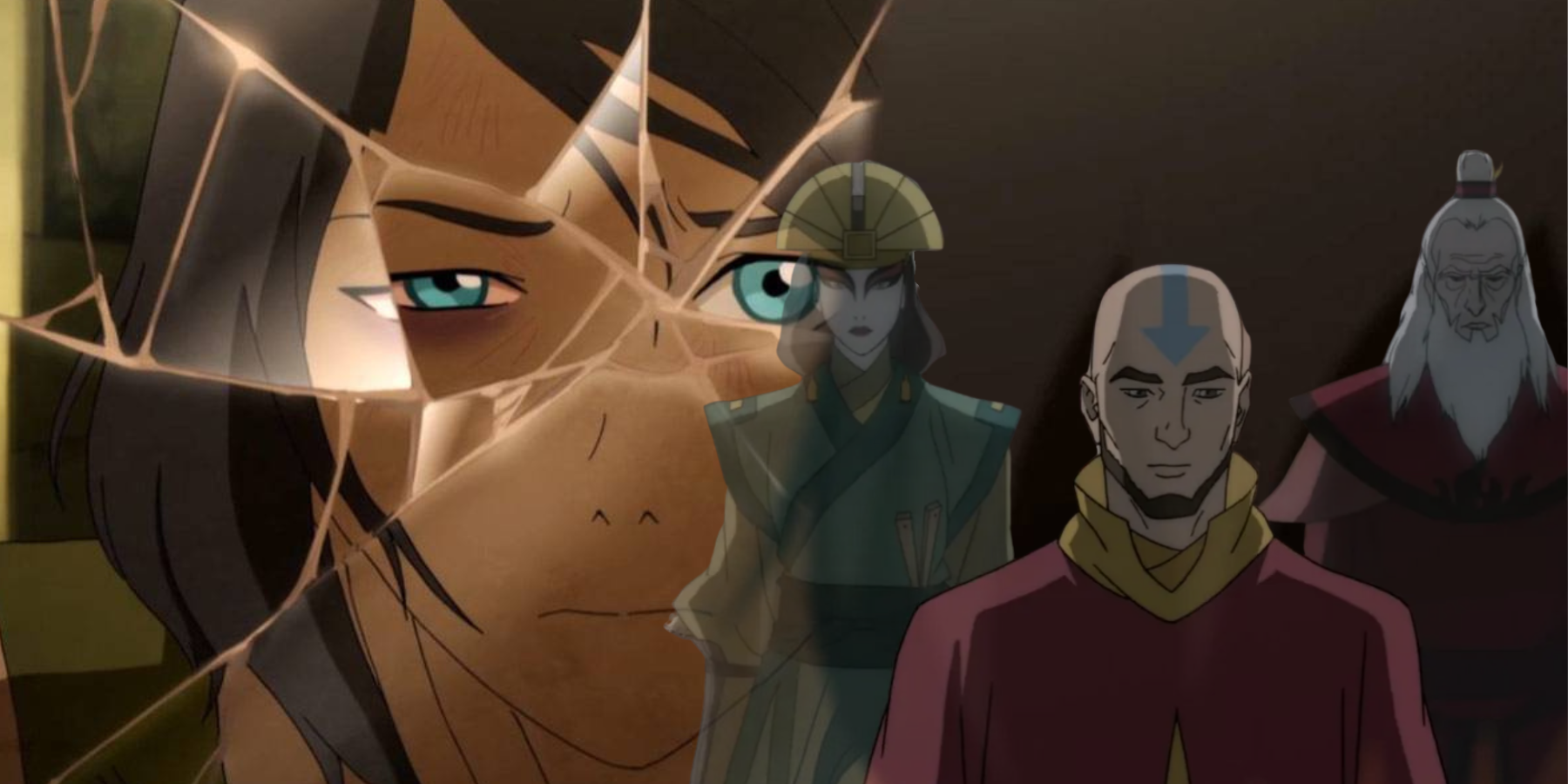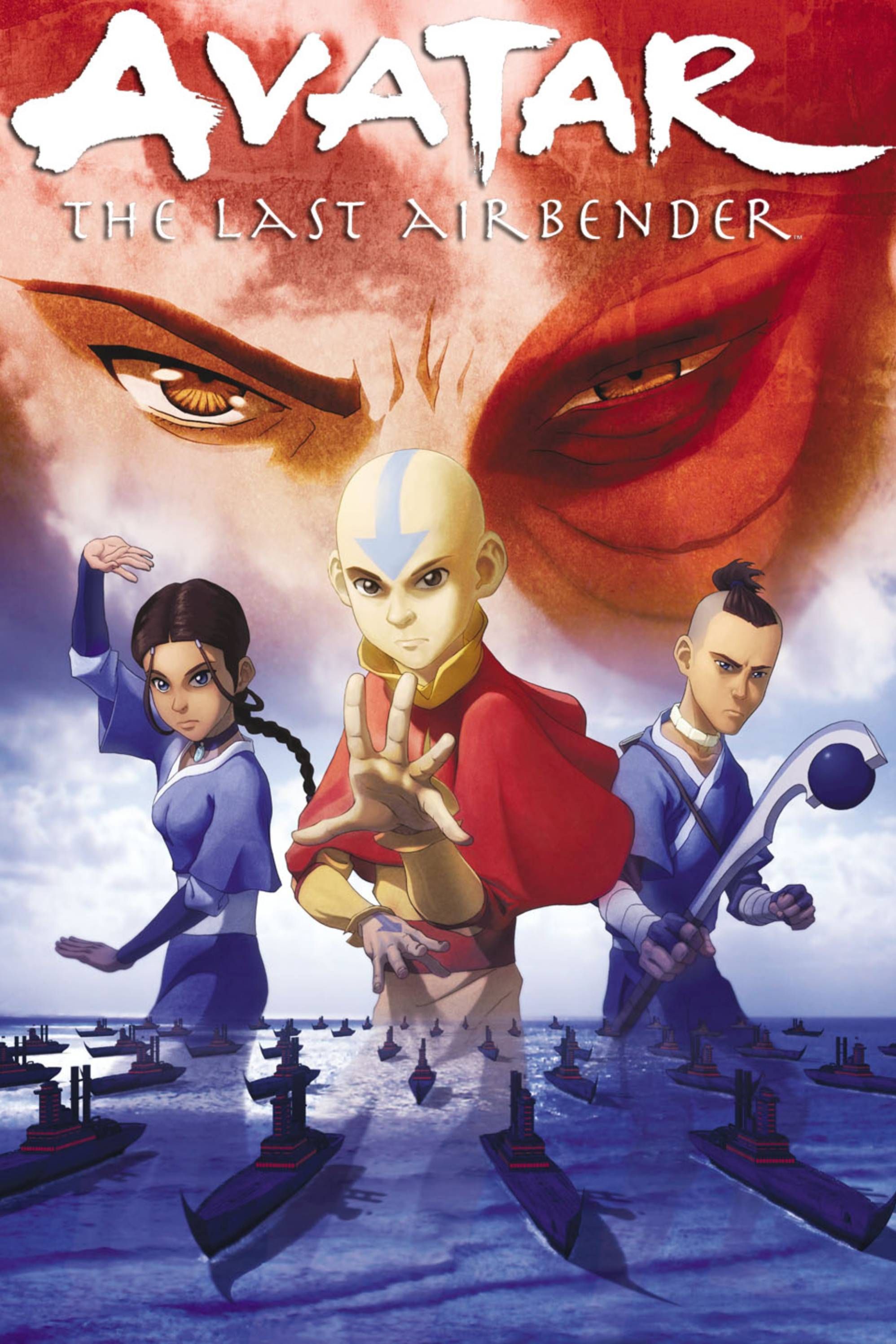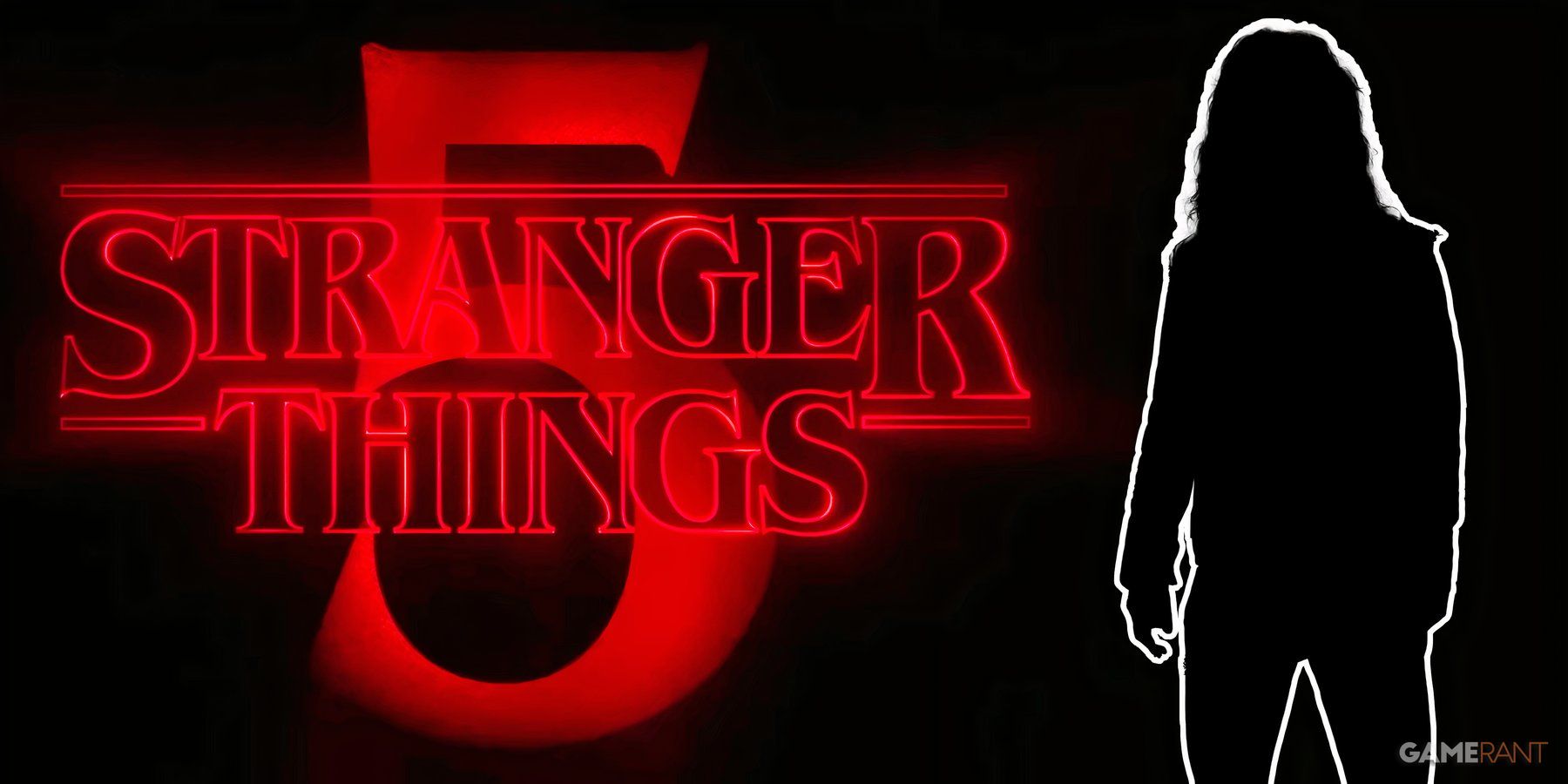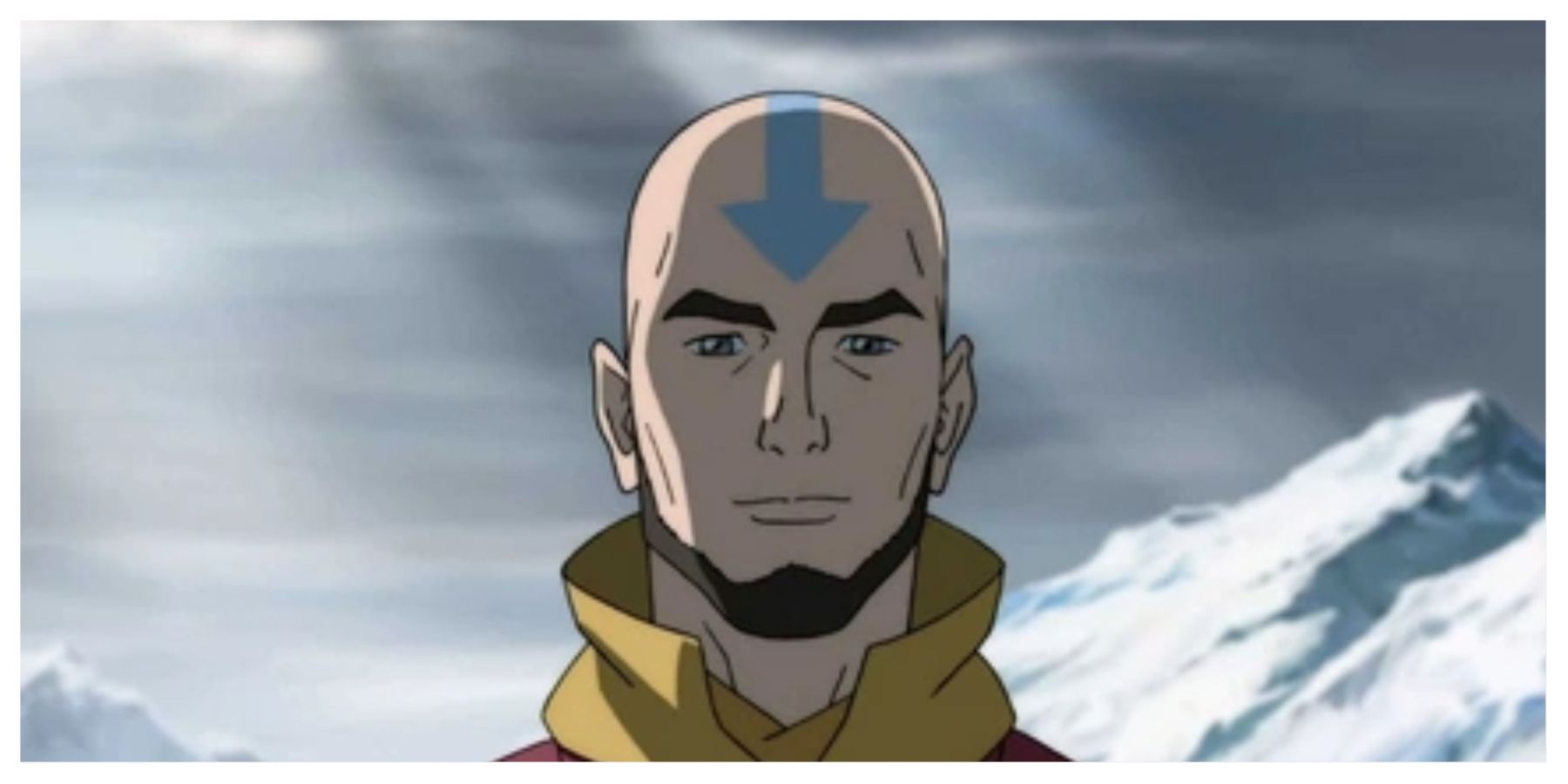Highlights
- Legend of Korra expanded on the lore and world of The Last Airbender, with fans appreciating the progression of technology and the exploration of politics.
- However, some fans were disappointed with the changes made to characters from the original series, such as Sokka, Suki, and Azula, who were abandoned without much explanation.
- One of the most controversial changes was making Aang a less than stellar father, placing favoritism on his son Tenzin and straining his relationships with his other children, Bumi and Kya.
Legend of Korra expanded on the lore Avatar: The Last Airbender in a number of ways, with some succeeding and some missing the mark. Fans generally appreciated the progression of technology in Aang's era, the expansion of the White Lotus, and a deeper exploration of the politics of The Last Airbender's world.
The less liked changes were the ones made to characters first seen in The Last Airbender. Some, like Sokka, Suki, and Azula, were unceremoniously abandoned, with little or no attention given to what happened to them in between the two series. Perhaps the most controversial change, though, was made to Aang, who was of course given quite a bit of focus in the sequel series. Aang was revealed to have been a less than stellar father, a decision that still ignites heated arguments within the community today.

Why Do People Dislike The Legend Of Korra?
When fans start comparing The Legend of Korra to Avatar: The Last Airbender, it's best to just "be the leaf."
What Makes Aang A Bad Father In Legend of Korra?
When Avatar Aang ran away from his duties and became frozen in an iceberg, he inadvertently became the only survivor of a genocide of his people. Shortly after his disappearance, the Fire Nation started the war that would win them world domination. As part of their conquest, they sought to end the Avatar cycle. Knowing that the next Avatar would be an Airbender following the death of Roku, the Fire Nation began a genocide of the Air Nomads, seeking to wipe out the Avatar before they could ever grow strong enough to stop them. In a twist of fate, the only Airbender who survived the genocide was the actual target, Aang.
Many years later, the wrongs of history would be righted by Harmonic Convergence, an event of enormous spiritual power that occurs every ten thousand years. In the era of Avatar Korra, Harmonic Convergence would occur again, and among its many effects would be the restoration of balance. A great number of nonbenders from all over the world awoke to discover that they suddenly had the ability to airbend. The world's natural longing for balance had ensured that the Air Nation would carry on, in spite of the atrocities they had suffered in the past.
However, Aang was not aware that this would happen. Deeply spiritual and fiercely loyal to his Air Nation family and way of life, one of Aang's primary goals as he grew older was to ensure that the Air Nomads would not die out with him. When Aang and Katara began having children, there was a lot riding on the ability of their babies to carry on the ability to airbend from their father. As far as Aang knew at this time, the only way to bring the Airbenders back would be to do so slowly; pass on the ability to his children, who would then go on to pass it on to their children, and so on. Their first child, Bumi, was a nonbender, and their second, Kya, a Waterbender.
Was This Decision Good Or Bad?
When Aang and Katara's third child, Tenzin, was revealed to be an Airbender, Aang apparantly immediately began showing favoritism towards him. He gave him an abundance of one on one Airbending training, taught him the ways of Air Nomad culture, and took him on a multitude of trips to Air Nation landmarks that his other children were not invited on. Bumi and Kya noticed their father's blatant favoritism, and their relationship with both Aang and Tenzin became strained as a result of it. The eldest felt as though they never grew to know their father as well as they should've. Even after Aang's death, tensions remained high as Tenzin refused to admit there had been any sort of favoritism, and the two older children felt as though they had to fight just to be seen as Aang's children.
Uh, hey there, Dad. You’re looking well. Look, uh, I’m sorry I didn’t turn out to be an airbender like you hoped. But I’ve tried my best to keep the world safe. Hope I made you proud.
The decision to make Aang a poor father was a very controversial one among the Avatar fan community. Some seem to oppose the change not because they are critical of how it works in the narrative, but because they do not want to see a character they love behave in a cruel or unkind manner. This is a short-sighted way of thinking, however. Good, well-written characters should be complex and layered, just like real people. They should not be barred from having flaws simply because it makes them less likable. Aang should not have to be perfect, as this would make him completely uninteresting. He was a normal person born into a position of massive responsibility, and it is natural that he would falter sometimes. Aang possesing character flaws is not a negative thing, at least conceptually.
It is also understandable that Aang would be incredibly concerned with whether or not he could preserve the existence of the Air Nation and would have been overjoyed to have had a child capable of airbending, the only other living person capable of doing so other than himself. It is quite reasonable that Aang would feel an especially strong connection to the only other person alive capable of doing the same. The act of training Tenzin would take up time, and as Aang was the only person capable of teaching him how to use his bending, it's natural that an especially strong bond would develop between the two.
What seems to rub fans the wrong way is the fact that Aang neglecting any of his children is somewhat out of character for him. This isn't necessarily a huge problem, as the Aang fans are familiar with from The Last Airbender is far younger and less experienced than the adult Aang in Legend of Korra. His years could have changed his values and personality. However, changing the character traits of a character so beloved is naturally going to make some viewers upset. Aang is shown in The Last Airbender to love children and be deeply moved by familial bonds, crying when he sees a refugee couple welcome their first baby into the world.
The Legend of Korra is available to stream on Paramount Plus
The decision to make Aang a neglectful father also misunderstands Air Nomad culture to some extent. Aang was fiercely loyal to his people and their way of life, but airbending was not what mattered most to him. He was passionate about it, as it was a big part of their culture, but that's just the thing: what Aang loved was his people and their culture. What he loved about the Air Nomads was not their bending, but their way of living, their pride, their customs. Passing on the ability to airbend certainly would have been on Aang's radar, but what it feels like he should've cared much more about was keeping his culture alive, something it seems like he would want to pass on to all of his children. He should have considered them a part of the Air Nation, even if they couldn't airbend. It's maybe understandable that Aang would have spent more time with Tenzin while training him to airbend, since only he could do that. However, Aang not taking the rest of his family to see his childhood landmarks, not showing them the culture they belonged to, just doesn't feel in character.
In general, Legend of Korra seems to have missed the mark on this. Once Bumi becomes an airbender following Harmonic Convergence, he confesses to Tenzin that he never really felt like a part of the Air Nation. Tenzin replies by telling him that he is now, a moment that's intended to be heartfelt. What Tenzin really should have told him, though, was the truth, which is that Bumi already was a part of it. The decision to make Aang a bad father is not entirely without merit. Unfortunately, the way it was executed in Legend of Korra was misguided at best.

Avatar: The Last Airbender
- Release Date
- February 21, 2005
- Studio
- Nickelodeon Animation Studio
- Creator
- Michael Dante DiMartino
- Number of Episodes
- 61



